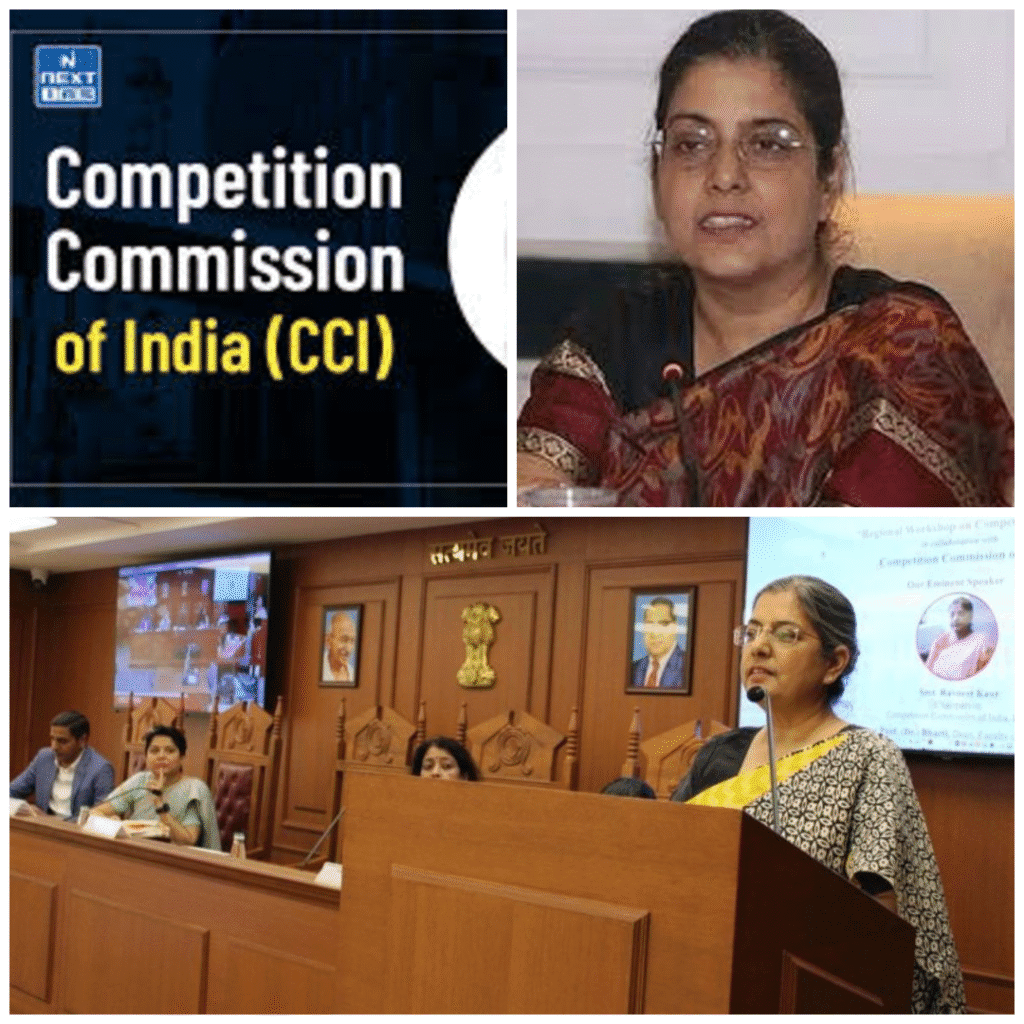
In a historic first for India’s antitrust landscape, Ravneet Kaur, a seasoned bureaucrat from Punjab’s 1988 IAS batch, has been appointed Chairperson of the Competition Commission of India (CCI) —a role she’ll use to tackle monopolies, protect market fairness, and reshape the nation’s economic playbook. Her appointment marks a milestone: after 20 years of the CCI’s existence, a woman will now lead its charge against anti-competitive practices.
A Trailblazer with Decades of Diverse Expertise
With over 30 years of experience across sectors like agriculture, finance, tourism, and disaster management, Kaur brings a rare blend of versatility and grit to the CCI. Her career reads like a roadmap of India’s administrative evolution:
- Policy Architect : Served as Special Chief Secretary in Punjab’s Revenue & Disaster Management Department.
- Tourism Visionary : Led the India Tourism Development Corporation (ITDC) as CMD from 2017–2019.
- Economic Strategist : Held key roles in the Department of Financial Services and the Ministry of Commerce.
Her crisis-management skills, honed during high-pressure assignments, could prove critical as the CCI grapples with a backlog of cases—including probes into tech giants like Google, Meta, Amazon, and WhatsApp —amid growing concerns about digital monopolies.
Why Her Appointment Matters
Kaur steps into the role at a pivotal moment. The CCI, tasked with enforcing the Competition Act, 2002 , is under fire to modernize its approach in an era of data-driven markets and cross-border mergers. Her mandate? To prevent corporate dominance that stifles innovation and protects consumers from unfair practices.
Her leadership also signals a cultural shift. As the first woman and first non-cabinet secretary-rank officer to helm the CCI, Kaur challenges traditional hierarchies, proving that expertise and vision matter more than pedigree.
The Road Ahead: Battling Giants and Building Equity
With nearly 200 cases inherited from the dissolved National Anti-Profiteering Authority, Kaur’s plate is full. But her cross-sector experience—from managing agricultural cooperatives to steering tourism policy—positions her uniquely to decode complex market dynamics.
Her mission isn’t just legal; it’s societal. By curbing anti-competitive behavior, she’ll empower startups, SMEs, and consumers—key players in India’s $5 trillion economic dream.





